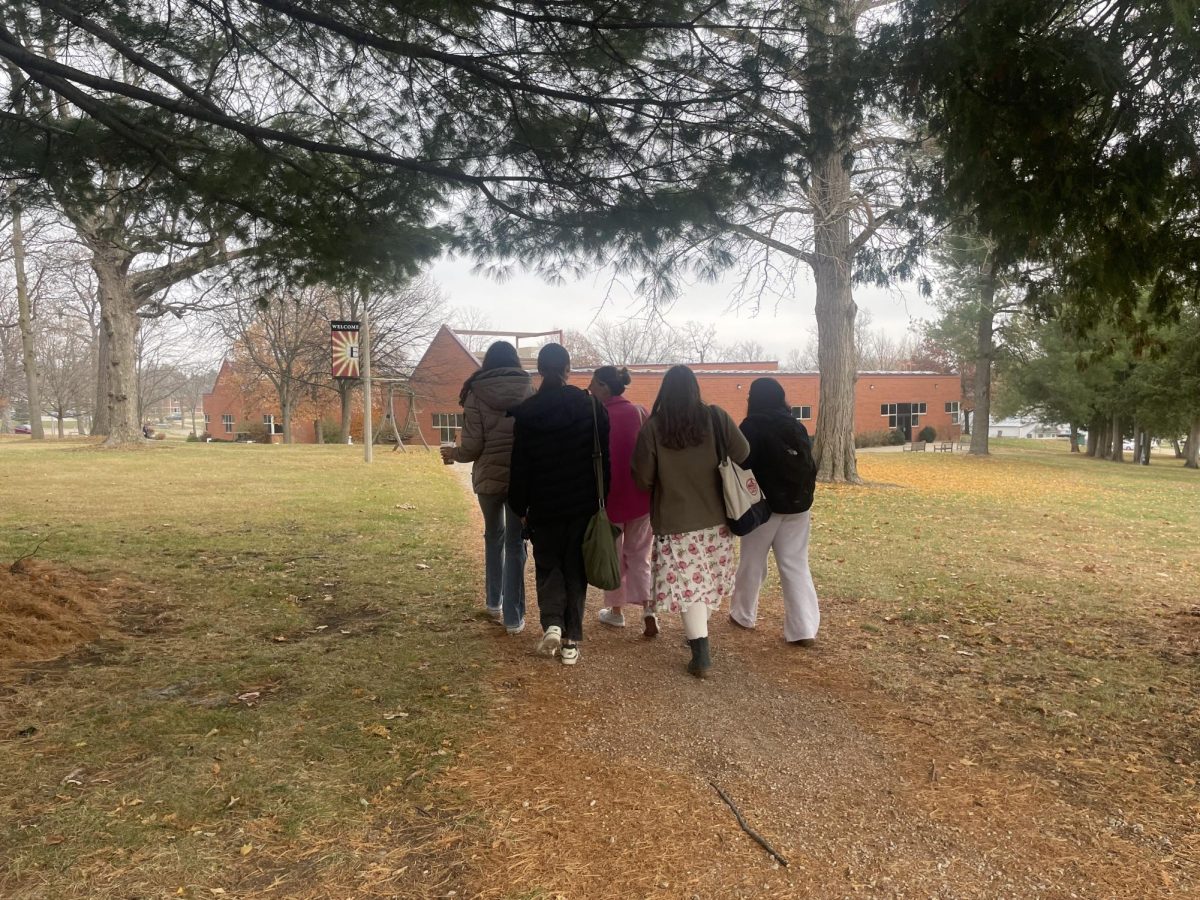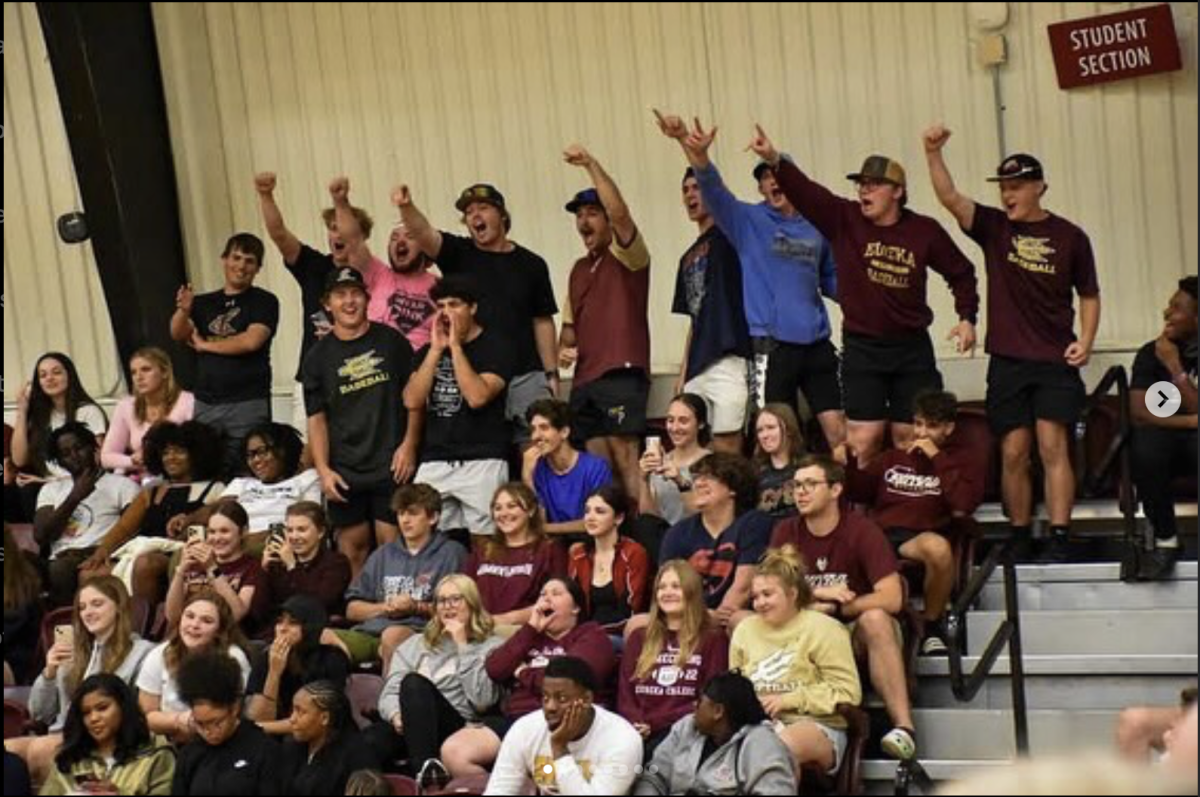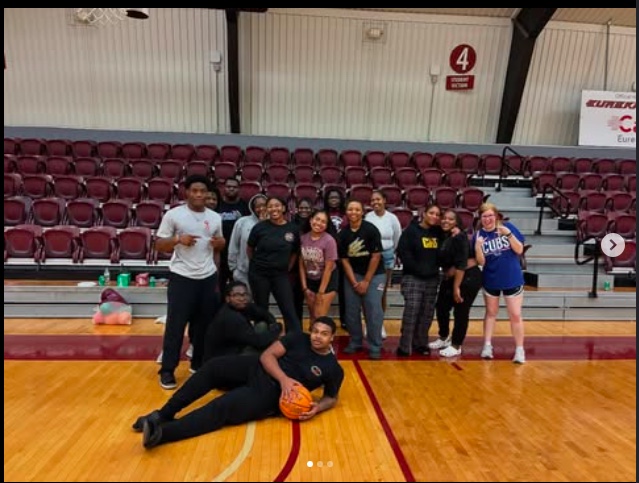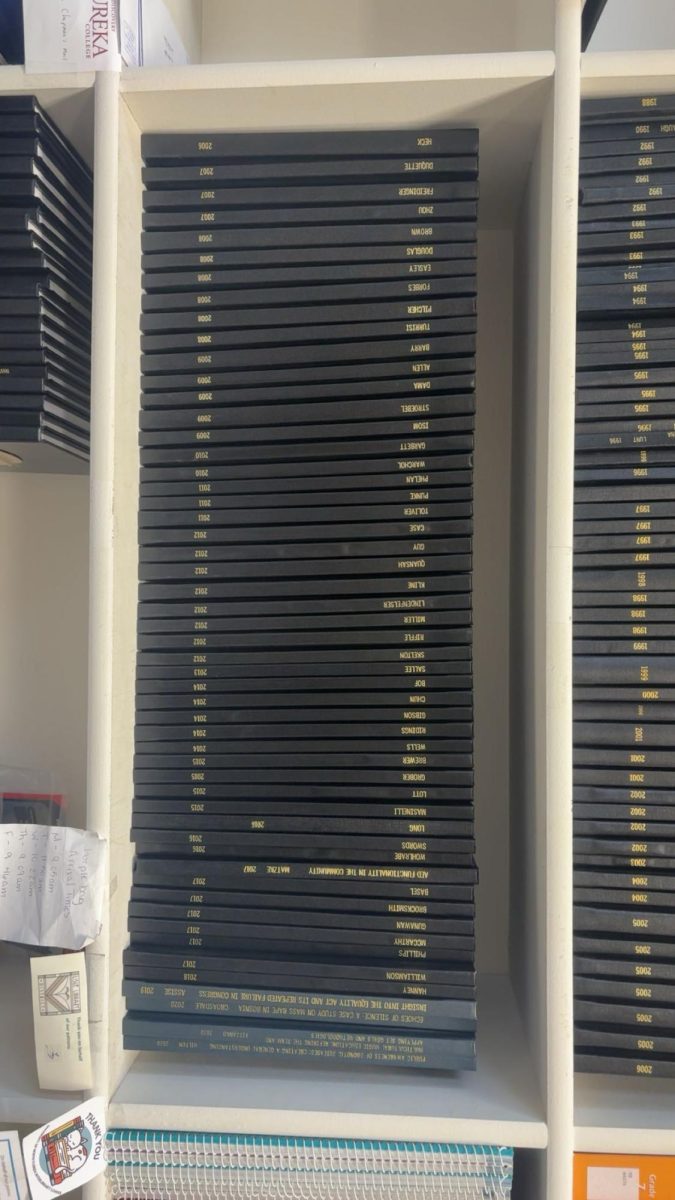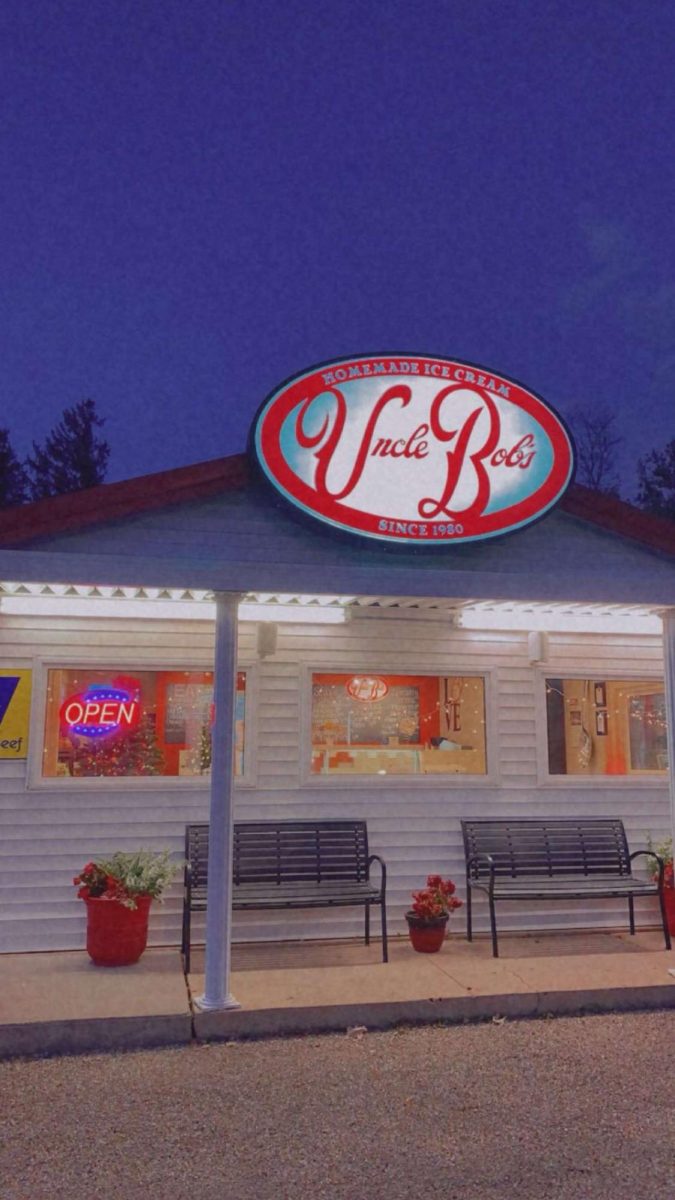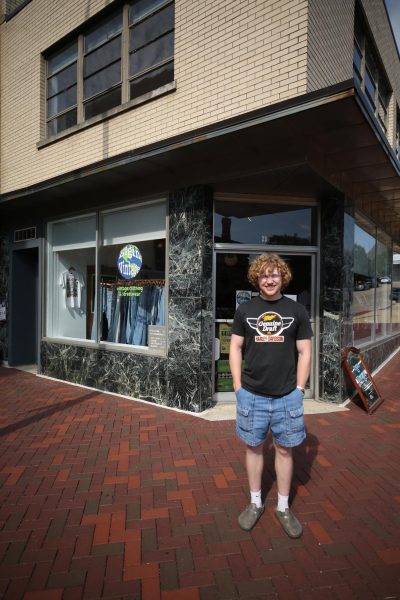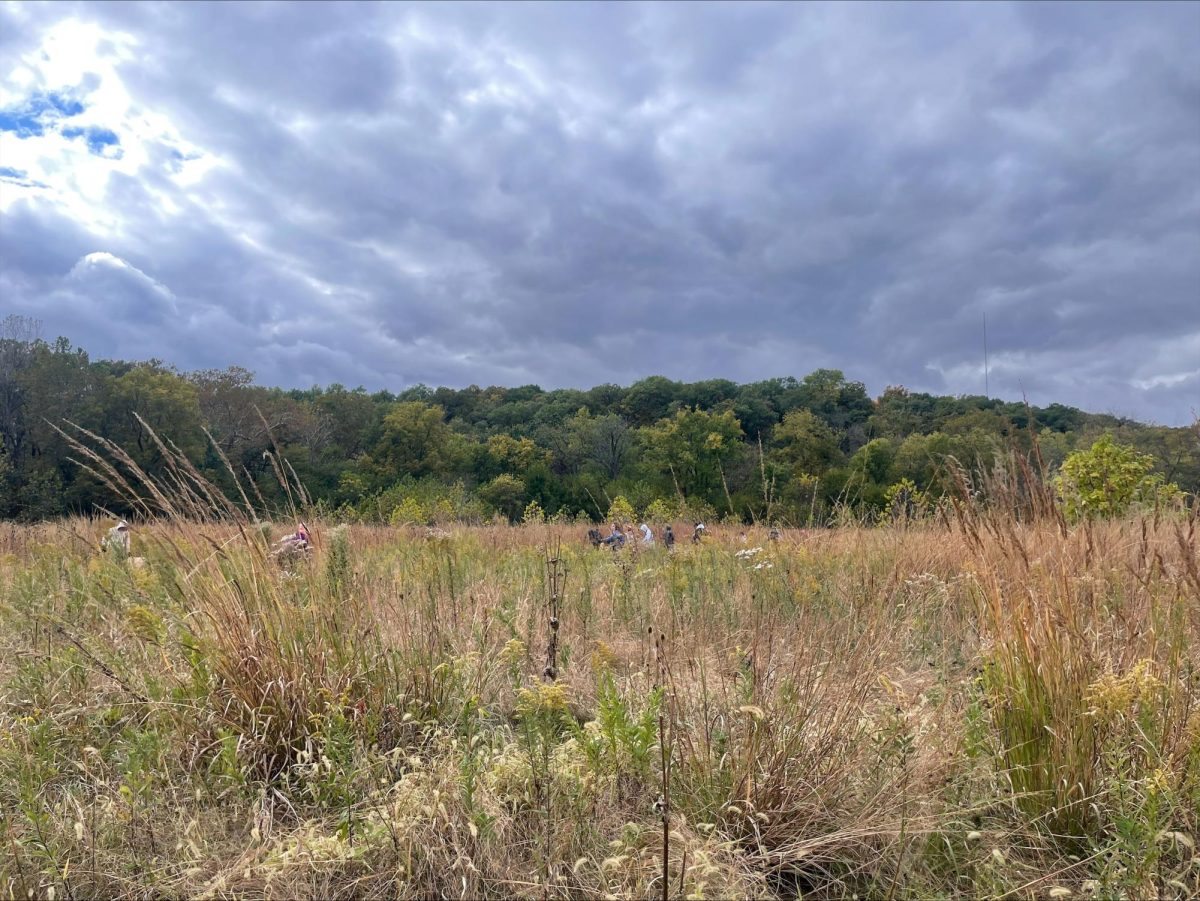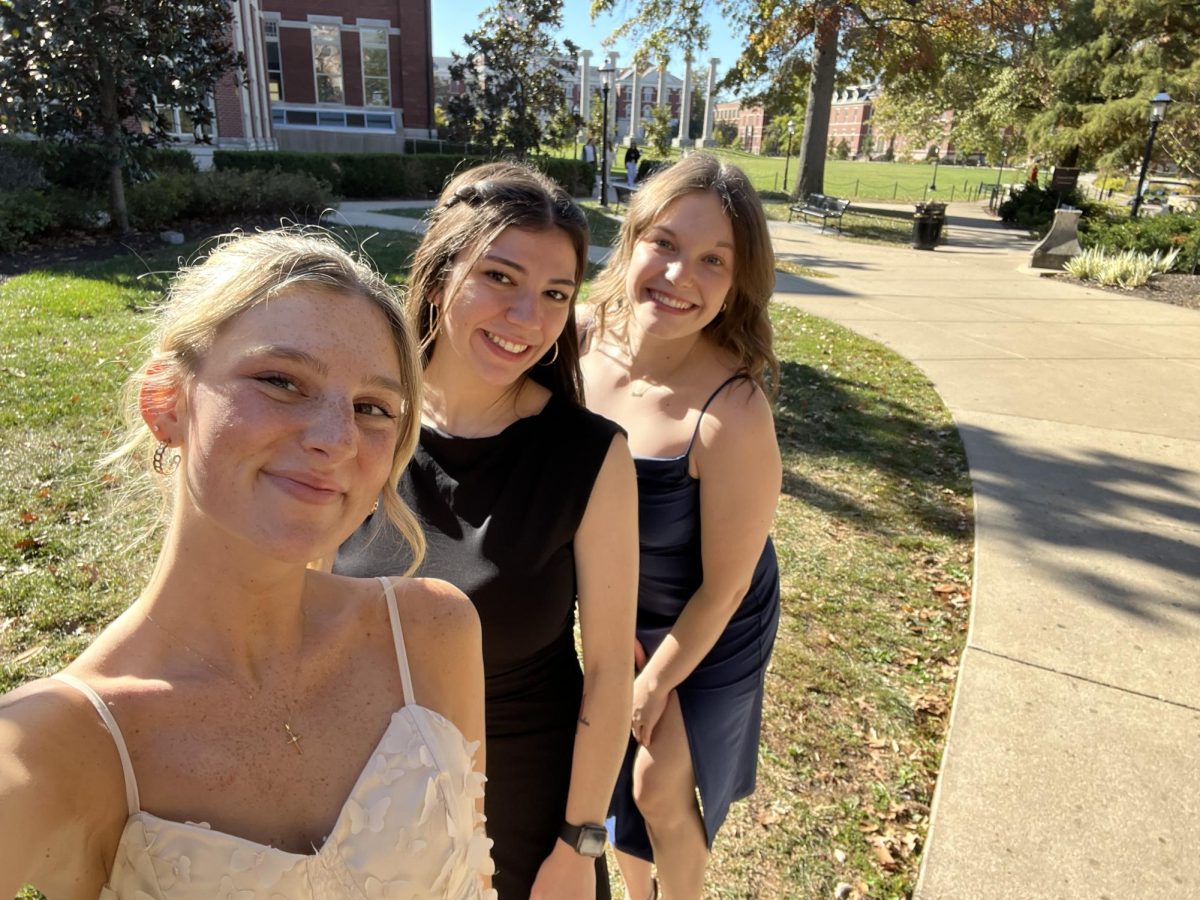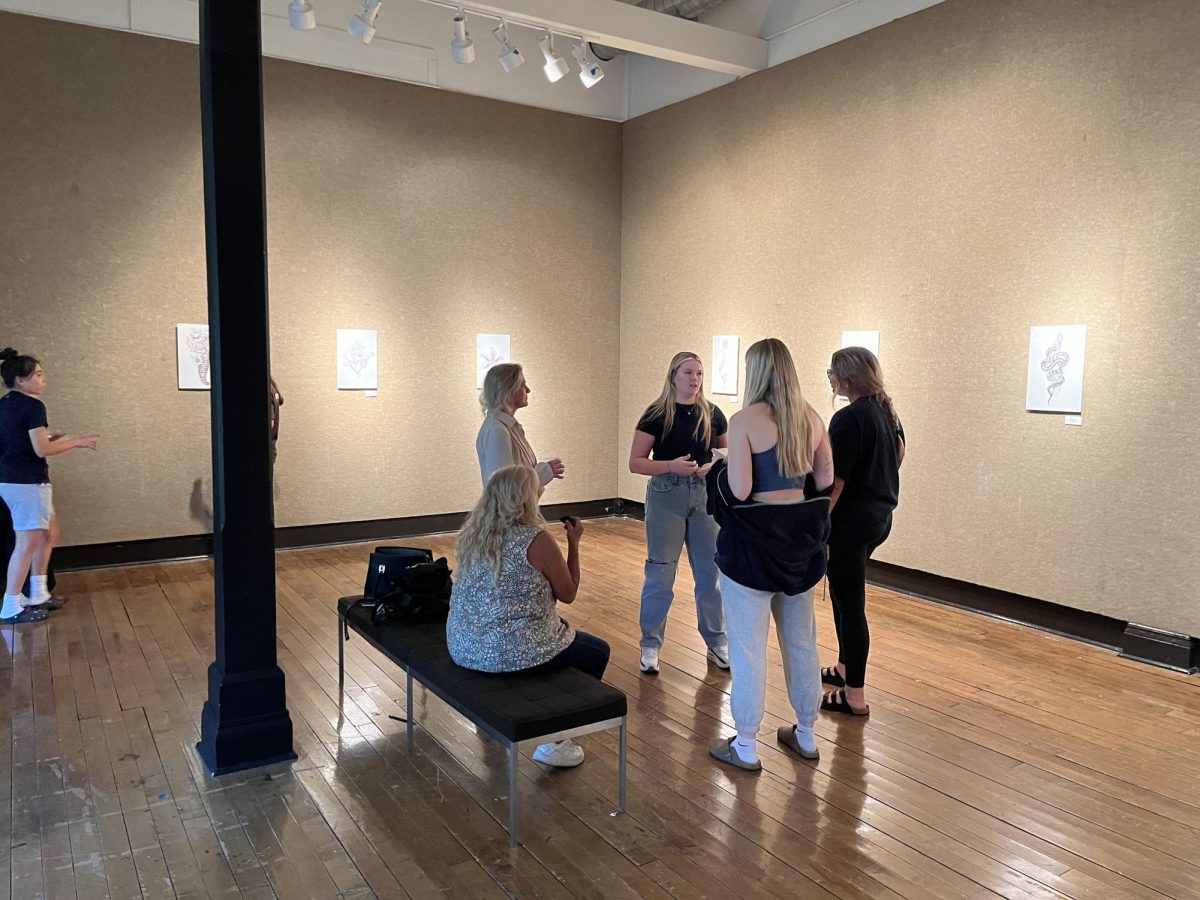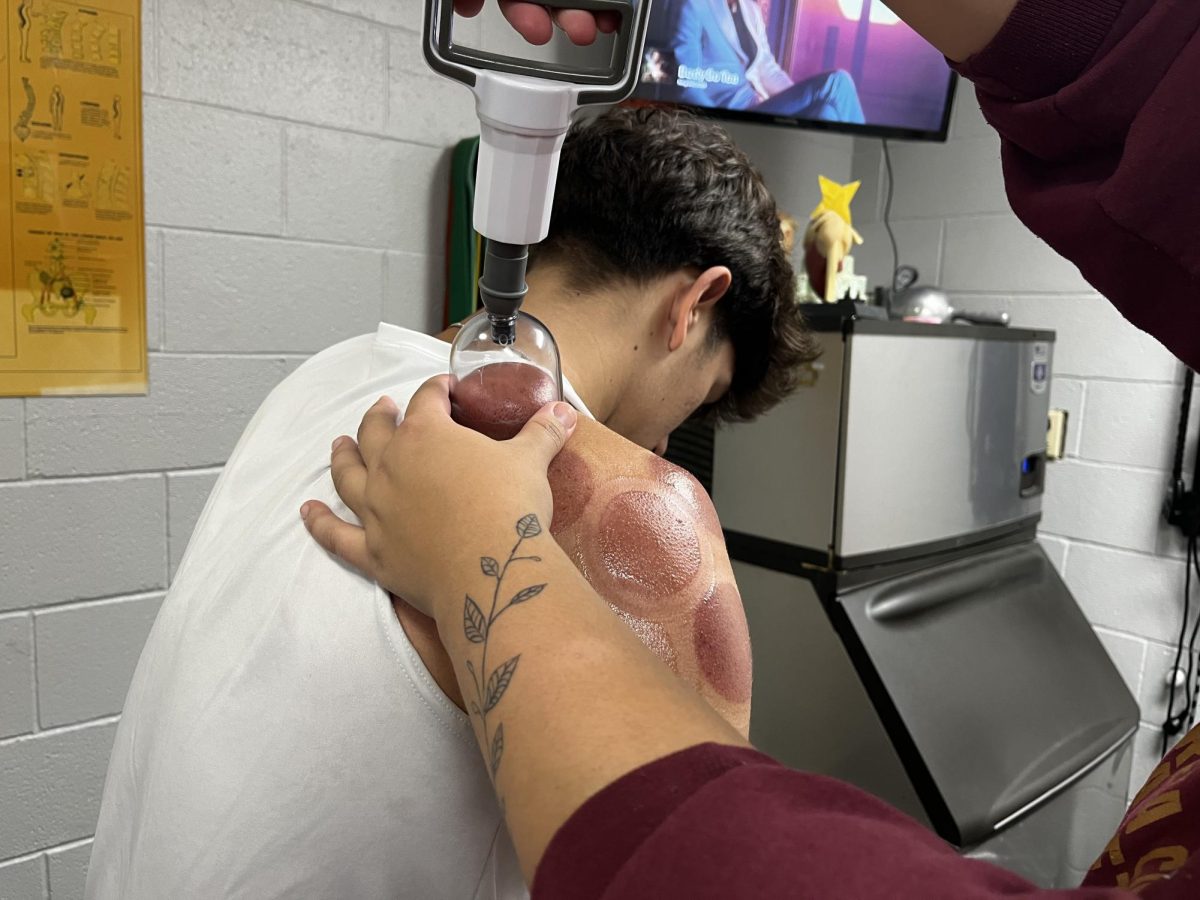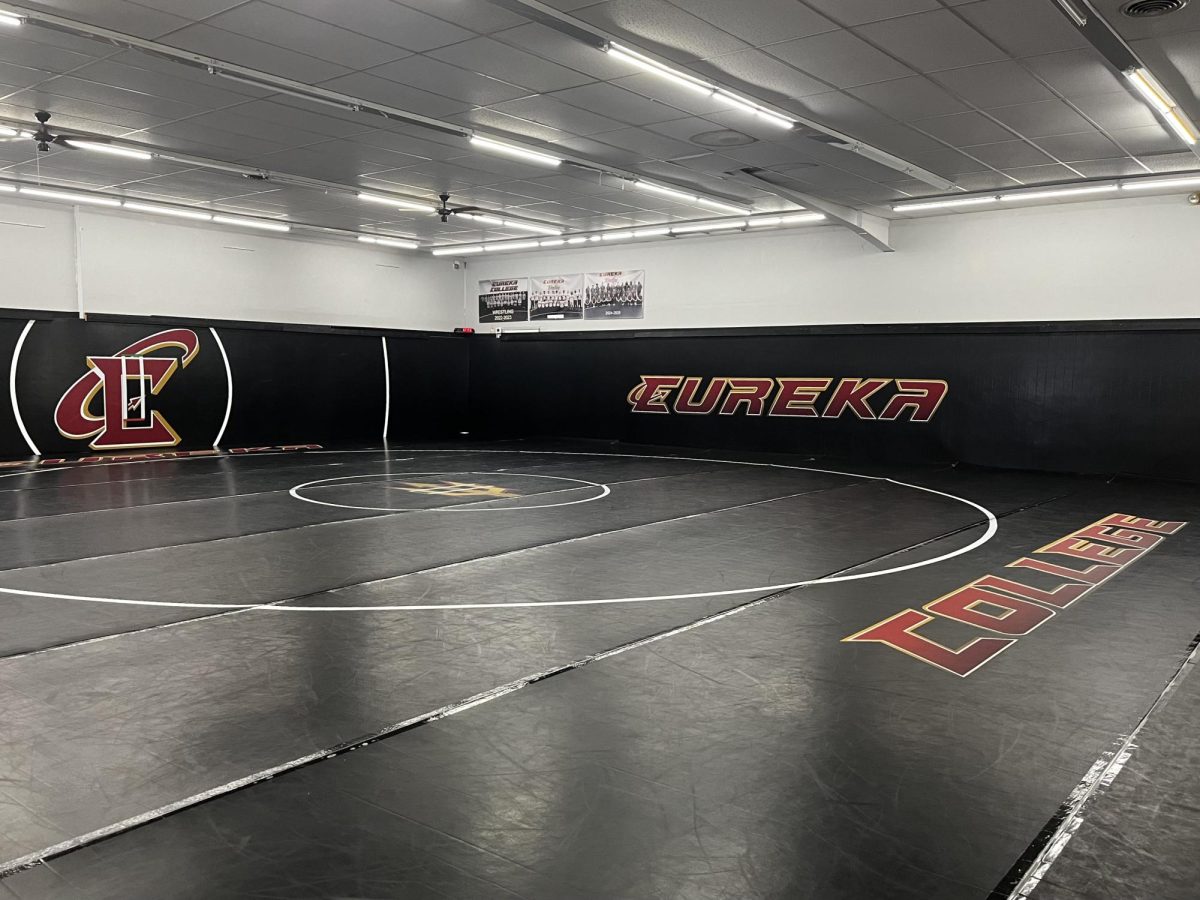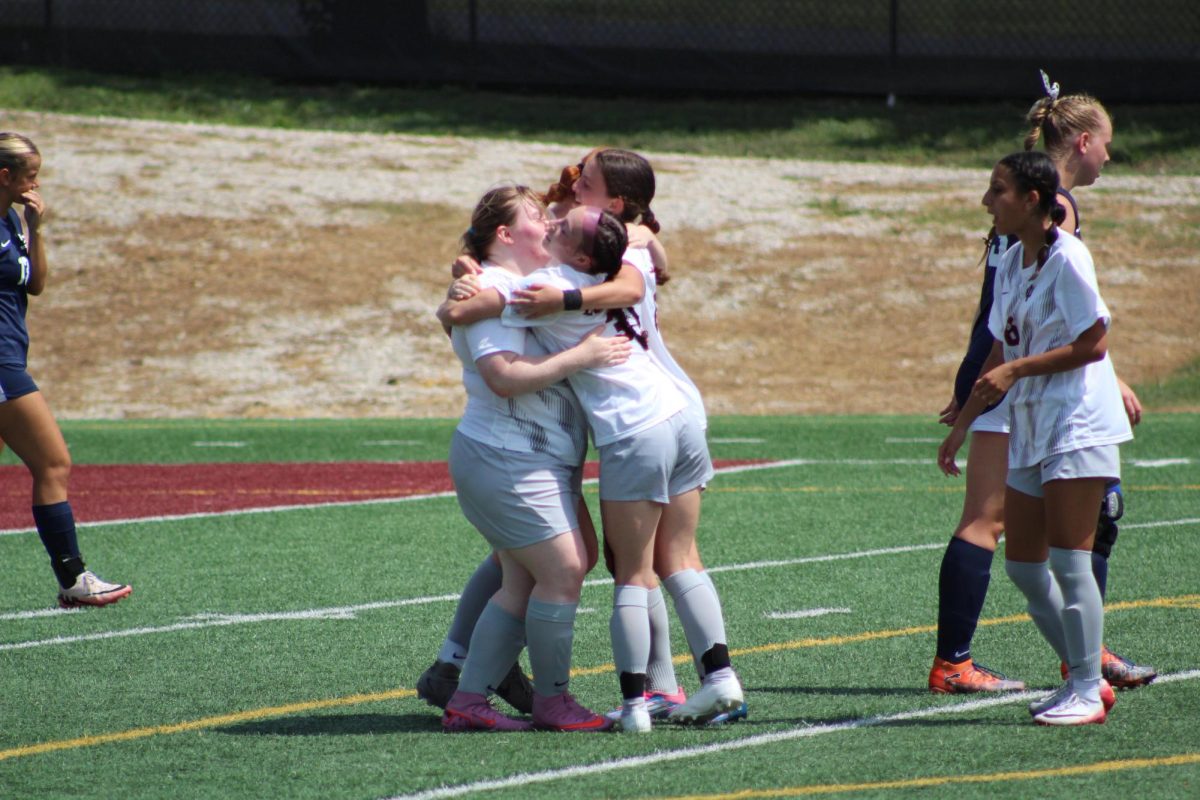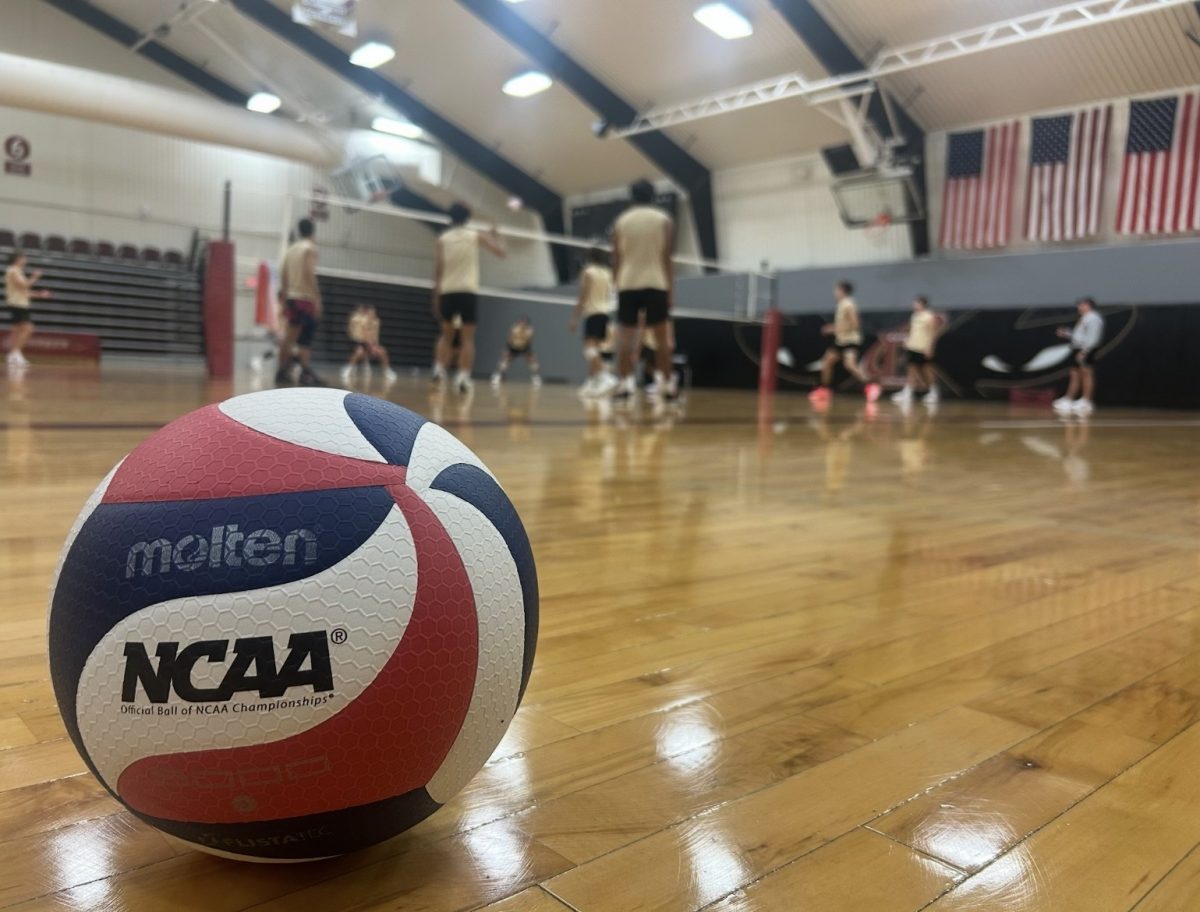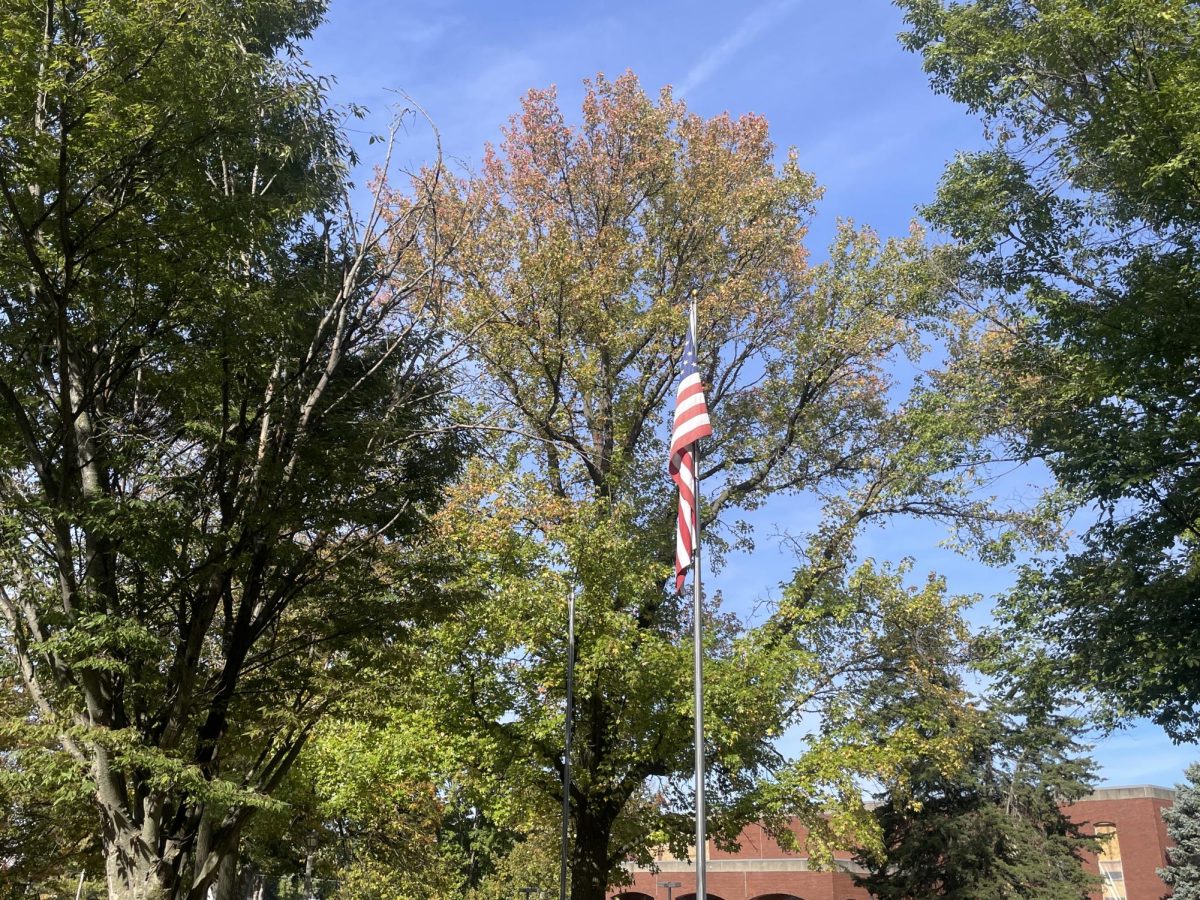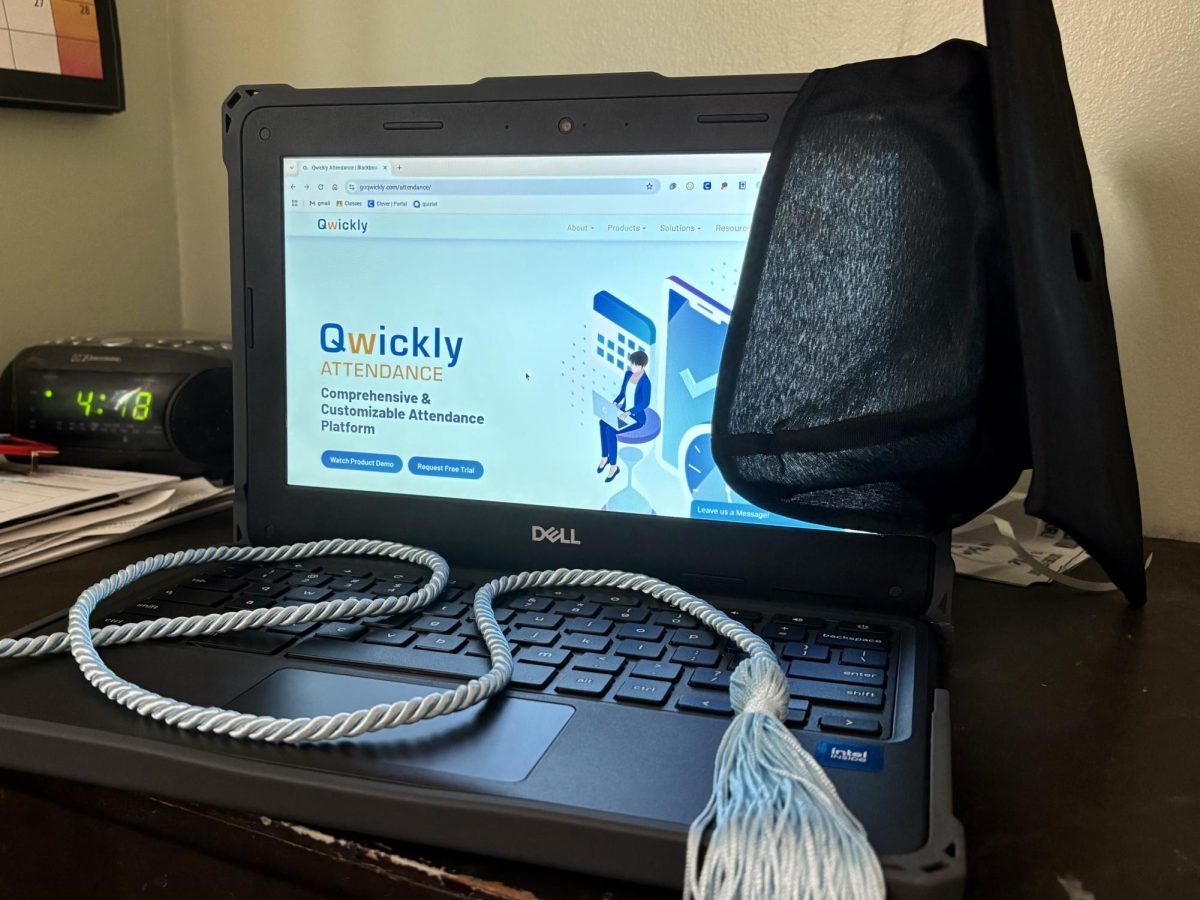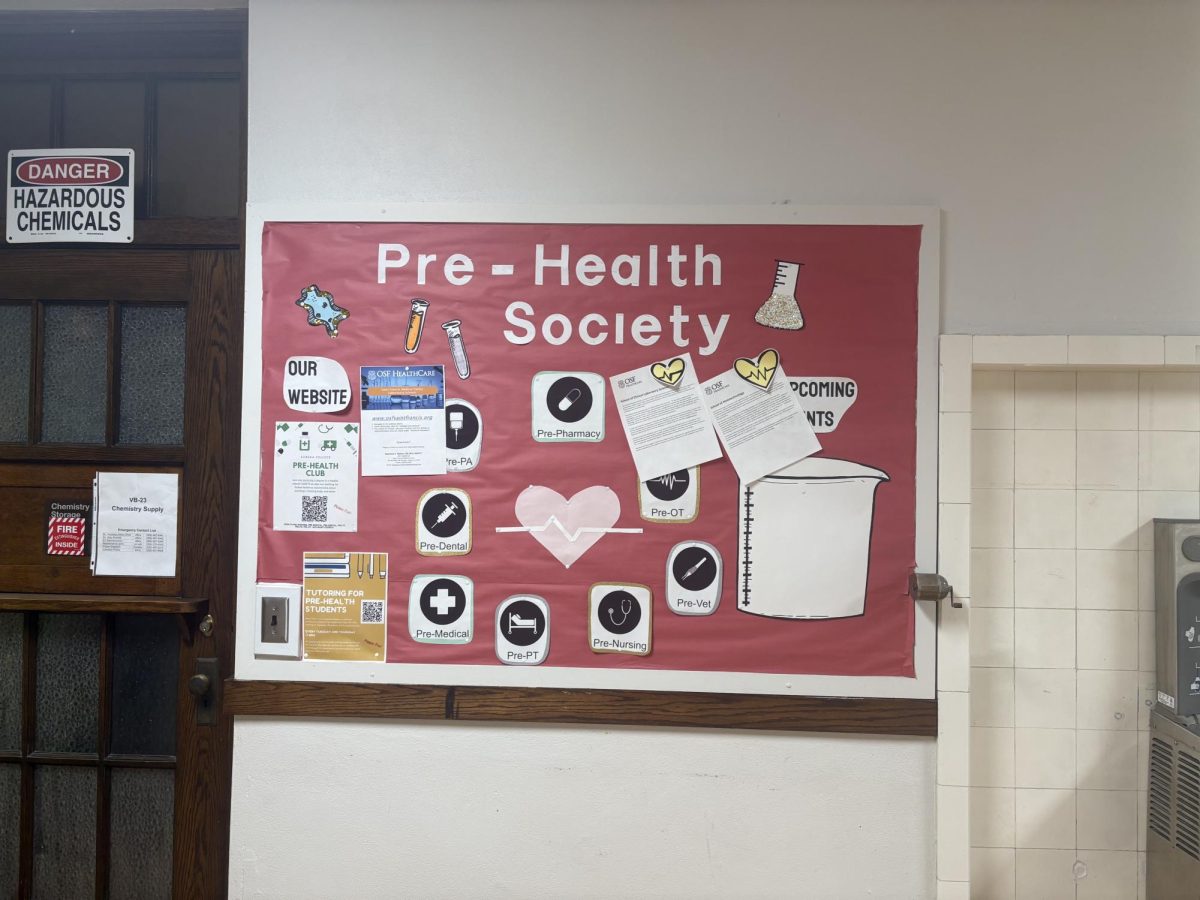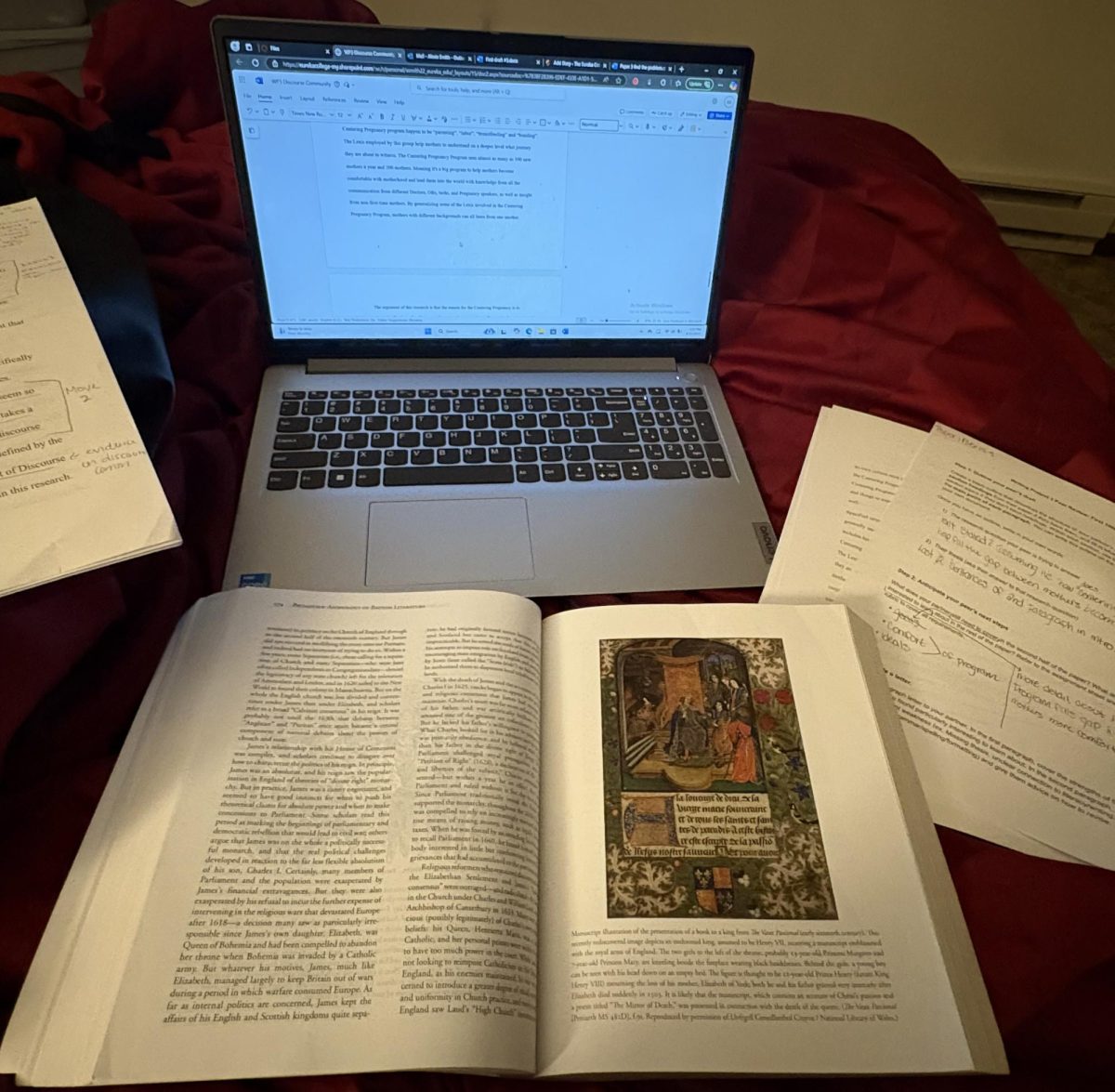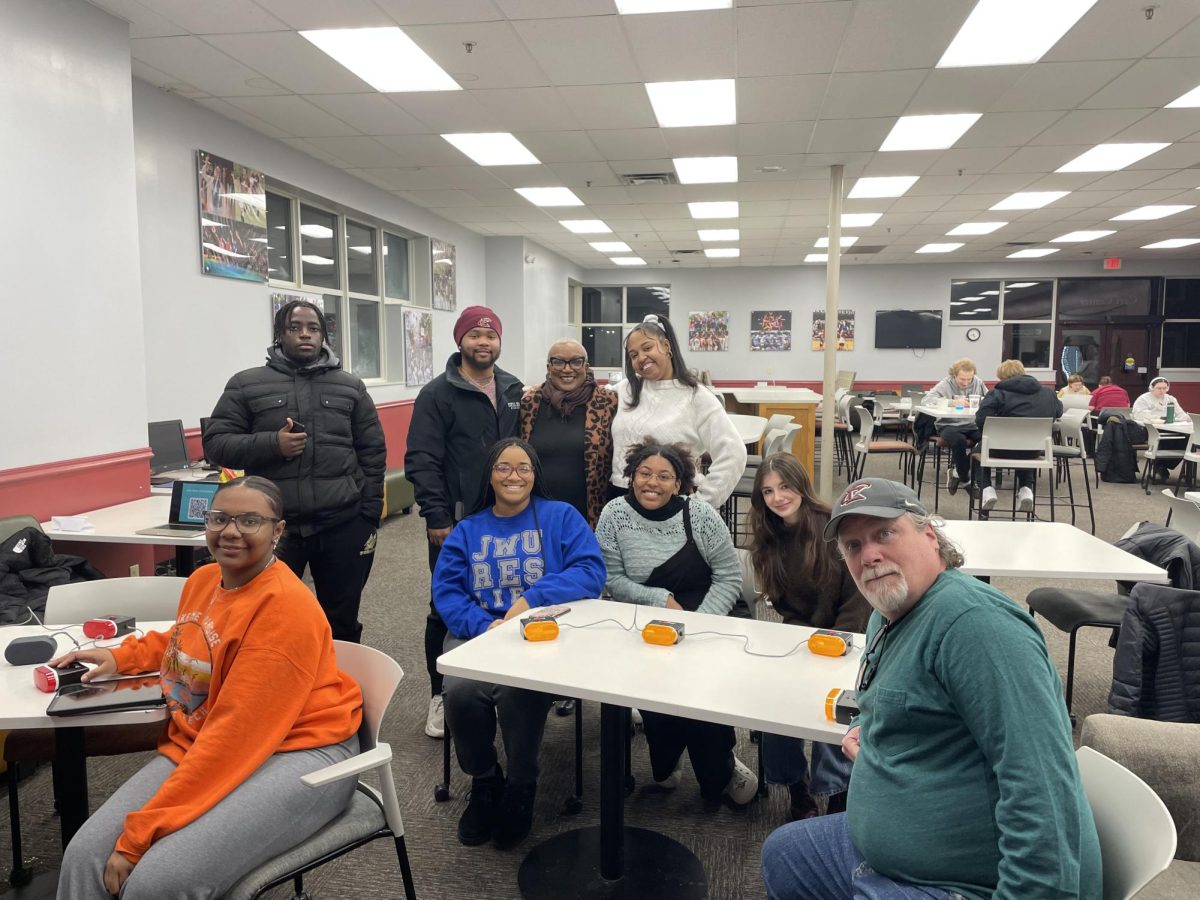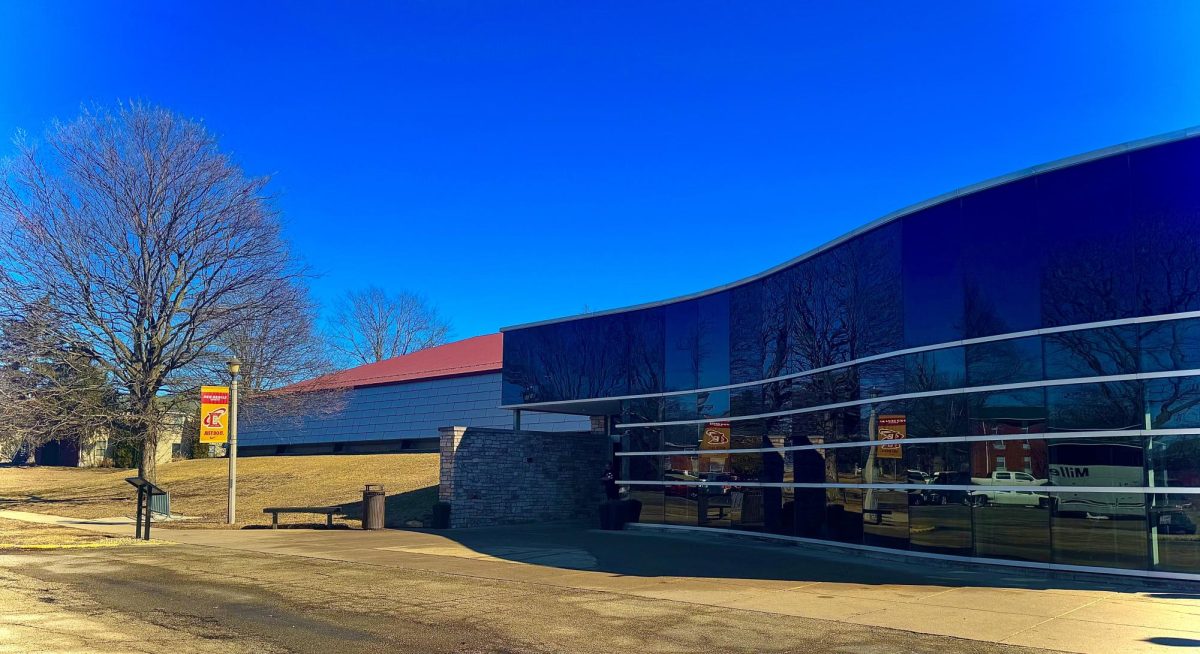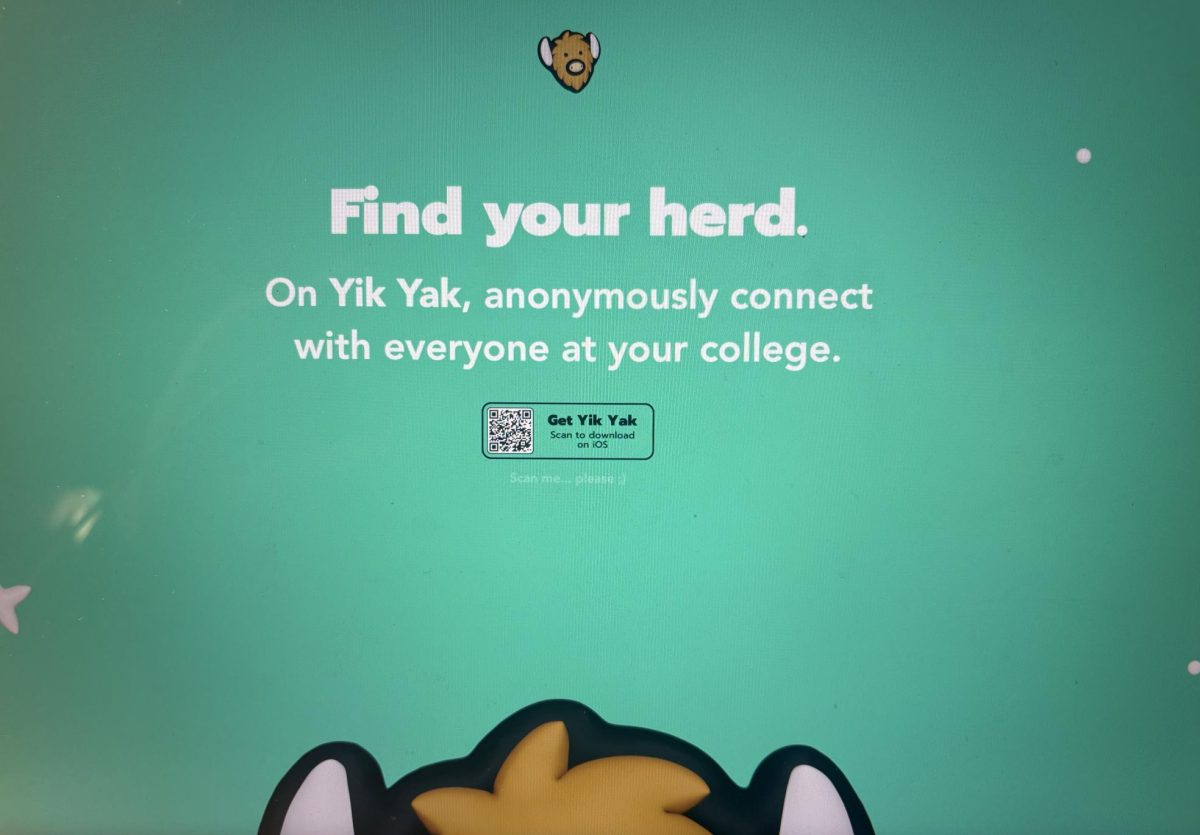Campus sustainability can be any number of grounds-related projects, inclusive projects, accessibility, and opportunities for student engagement. It links back to the idea defined by the United Nations Brundtland Commission in 1987. It addresses how people can best meet society’s needs today without hindering future generations’ progress. Sustainability is focused on creating an equitable environment that provides a continuance or flow to support the campus’s ecological and holistic demands.
Dr. Katy Everett teaches EVS 260 Introduction to Sustainability. From her start here beneath the elms in 2016, Dr. Everett has since changed Eureka into what it is now with implemented sustainable practices. Though previously the Director of Sustainability, Dr. Everett has since become the Chair of the Environmental Science & Division Department, that doesn’t stop her from involving students on campus.
Dr. Everett reminisced about taking on her position as Director of Sustainability, a role in which she inherited some unfinished projects. For example, she worked on a 25-year-old weedy and overgrown prairie with a Freshman Seminar, a rain garden that prevents the nearby street from flooding, and discussions on the Japanese Garden near Melick Library, which remains untouched.
“25 years ago, with a grant from the Illinois Department of Natural Resources, an Art Professor here took it on… it was neglected until we managed to get a class out there to manage it,” Everett said.
Dr. Everett’s class, EVS 260, has worked on several projects for five years. One of these projects is the Red Devil Reduction, a popular initiative that puts different dorms against one another in reducing energy use on campus. The winner receives free pizza. The initiative is now in its third year.
“We’re currently working on a survey to gauge student interest in composting, another to gather student knowledge on recycling for future implementation, Chaplin Bruce’s food pantry, and a research project on student engagement in Math courses,” Everett said.
Ryan Jones, Tyler Wehrli, and Briaunna Tanklsey went to Costco with Chaplain Bruce to fill the food pantry. The food pantry, which may soon undergo a name change, is made available for any students at the college who are in need.
Katie Jo Jackson and Austin Hopkins are former students of EVS 260; they now work as Dr. Everett’s interns on the Eureka College Campus. Jackson’s group helped work the first Red Devil Reduction at Eureka after its conception from the prior EVS 260 group run by Hopkins.
“It started with sustainability built around a project, plans were made to make it happen, and we went out to relative facilities to track meters, creating a spreadsheet to keep track of who’s ahead and do weekly updates,” Jackson said.
The most promising projects, though there are numerous exciting ones, are the composting project, the surveys for recycling, and Red Devil Redemption. Still, one stood out as an exciting prospect to Austin and Katie Jo.
“Bike rentals on campus seem to be a project that’ll get some good headway,” Austin said.
Hayden Skaggs and his group are working on bringing Composting to the Eureka College campus.
“The Biggest reason to bring composting to campus is that you see our generation and younger generations have a greater care for the earth and sustainable practices,” Skaggs said.
Regarding the implementation of composting at Eureka, Skaggs showed concern regarding the current administrative shift, understandably due to the new work assignments and processes.
“Unfortunately, without a CFO right now, we’ve been putting together a white sheet to get it passed later,” Skaggs said.
Red Devil Reduction is currently run by Matthew Crabtree, Riley Reuter, and Randilyn.
“This is the third time Red Devil Reduction has been done,” Crabtree said.
“We’ve seen an RA advantage for the reduction challenge,” Reuter said.
Randilyn agreed with the view expressed by Crabtree and Reuter. Reuter and Randilyn both emphasized the support the RA structure provided them, given the majority commuter status of the current group.
Another course Dr. Everett offers is EVS 170 Horticulture, which involves learning the value of native plants and helping to garden them on campus. In the future, Dr. Everett would like an Environmental Science class over the 300 level.

